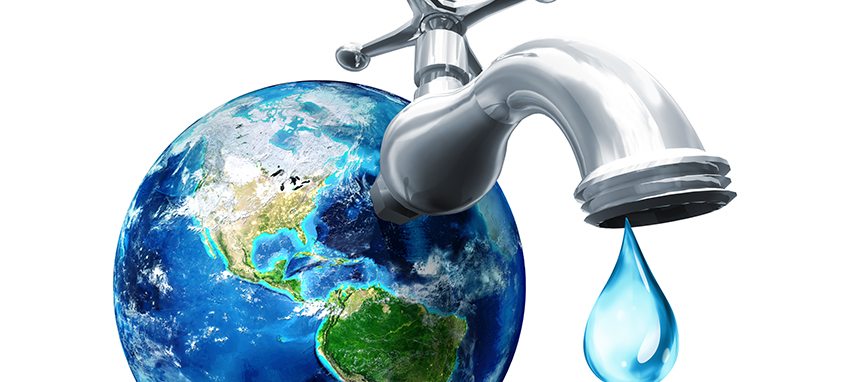- Empty cart.
- Continue Shopping
How to Reduce Water Usage for Health and Sustainability

Water is a precious resource that plays a vital role in maintaining health and sustaining life on Earth. However, with increasing population and industrialization, water scarcity is becoming a growing concern. Reducing water usage is not just an environmental responsibility; it’s also essential for our long-term health and well-being.
Why Reducing Water Usage Matters
Health Implications
- Water Quality: Overuse of water can lead to depletion of natural aquifers, affecting water quality and increasing the risk of contamination.
- Nutrient Cycle: Excessive water usage in agriculture can disrupt the natural nutrient cycle, affecting soil health and, consequently, food quality.
Environmental Impact
- Ecosystem Balance: Over-extraction of water can harm aquatic ecosystems and biodiversity.
- Energy Consumption: Treating and pumping water consumes energy, contributing to carbon emissions.
Practical Ways to Reduce Water Usage
In the Home
- Fix Leaks: A dripping faucet can waste up to 3,000 gallons of water per year. Fix leaks promptly.
- Low-Flow Fixtures: Install low-flow faucets, showerheads, and toilets to reduce water usage.
In the Kitchen
- Smart Dishwashing: Only run the dishwasher when it’s full to maximize water efficiency.
- Reuse Cooking Water: Use the water from boiling vegetables for soups or watering plants.
In the Garden
- Drought-Resistant Plants: Opt for plants that require less water.
- Rain Barrels: Collect rainwater for gardening purposes.
Personal Habits
- Shorter Showers: Cutting your shower time by just a few minutes can save up to 150 gallons of water per month.
- Turn Off the Tap: Don’t let the water run while brushing your teeth or shaving.
Community Involvement
- Water Conservation Programs: Participate in or organize community programs focused on water conservation.
- Educate and Advocate: Spread awareness about the importance of water conservation and its impact on health and sustainability.
Monitoring and Assessment
- Track Usage: Use water meters or tracking apps to monitor your daily water usage.
- Regular Audits: Conduct water audits to identify areas where you can cut back on water use.
Conclusion
Reducing water usage is a collective responsibility that has far-reaching implications for both our health and the environment. By adopting water-efficient practices in our homes, gardens, and communities, we can contribute to a more sustainable future. Monitoring and assessment can further help in fine-tuning our efforts. Every drop counts, and each small step we take can lead to significant positive change








